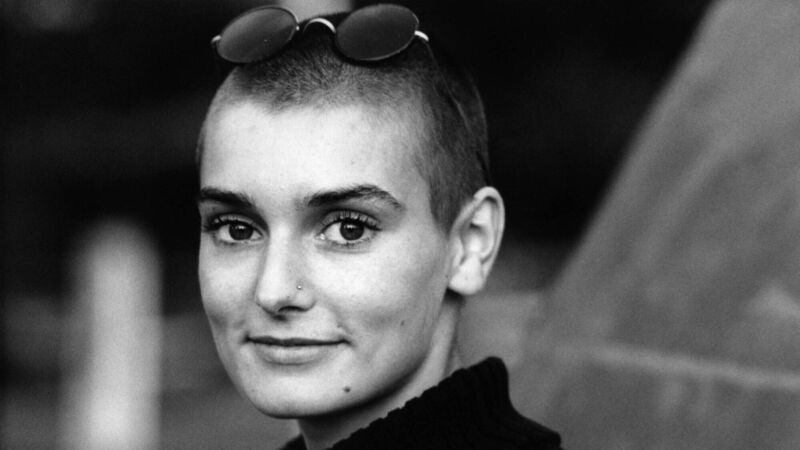Suzanne Harrington: Sinéad O'Connor was reviled when she should have been revered

We dared to call Sinéad O'Connor ‘troubled’. Who wouldn’t be, dealing with that level of trauma, before you ever add the mad layers of fame and misogyny under which she laboured all her adult life? Picture: Michel Linssen/Redferns
It’s hard to write anything about Sinéad O’Connor that will not already have been written in the outpouring of (far too late) appreciation for her, now that she’s dead. And yet to not write about her seems disrespectful. She demands our attention, even though she’s no longer here; like Joni Mitchell put it, you don’t know what you’ve got ‘til it’s gone.
She was reviled when she should have been revered, her brand of filterless rage and singularity of purpose permissible only in male artists. Instead we saddled her with words like ‘troubled’.









